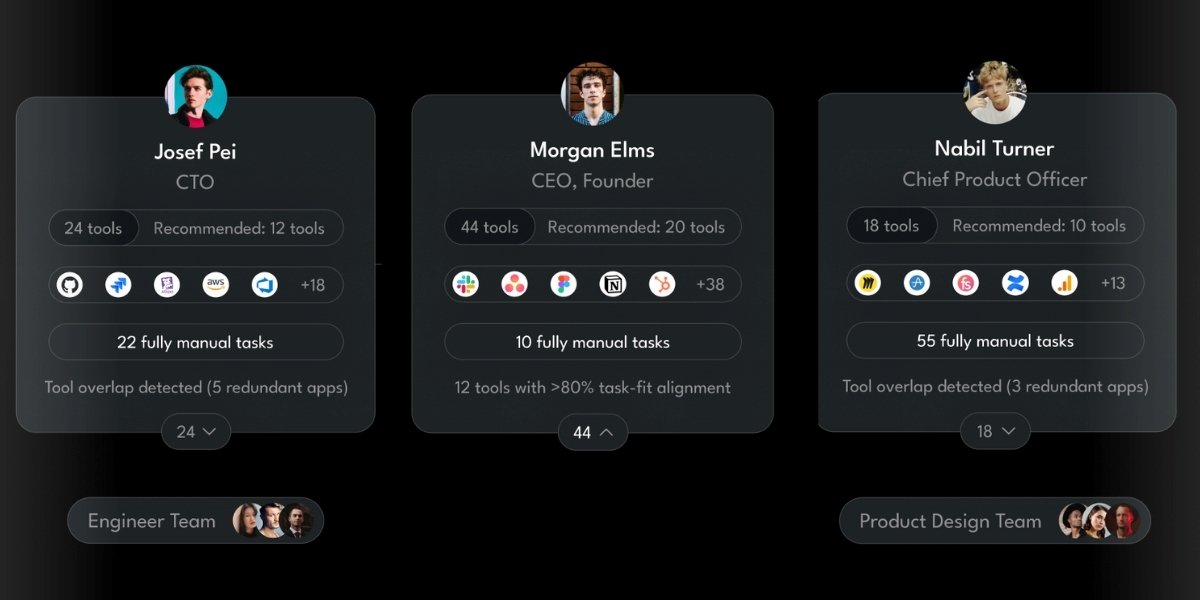AI voice clones are becoming an increasingly sophisticated technology that raises important concerns about their potential impact on global disinformation. These tools, which use machine learning to replicate a person’s voice with remarkable accuracy, have wide applications in both entertainment and practical uses. However, they also carry the risk of being misused in ways that can deceive, manipulate, and spread false information at an unprecedented scale. As AI voice cloning technologies continue to develop, it is important to understand both their capabilities and the risks they present.
What Are AI Voice Clones and How Do They Work?
AI voice clones leverage machine learning algorithms to replicate the sound and nuances of a person’s voice. The process involves analyzing a large number of audio samples from the person whose voice is being cloned. After training, the AI can generate speech in the person’s voice, creating new content that sounds as if it were recorded by the individual. This technology has advanced significantly, enabling the generation of voices that are almost indistinguishable from real recordings.
While voice cloning can be used for beneficial purposes, such as improving accessibility for people who have lost the ability to speak, it also comes with challenges. The technology’s potential for creating convincing, yet fabricated, audio content has introduced a new layer of complexity in the world of digital media.
How Can AI Voice Clones Be Misused?
One of the key concerns about AI voice cloning is the possibility of impersonation. The ability to mimic someone’s voice accurately opens up the potential for malicious actors to exploit the technology for a variety of deceptive purposes. These may range from manipulating individuals or organizations to creating disinformation on a broader scale.
A common scenario involves using voice clones to impersonate individuals in positions of authority, such as politicians, executives, or even family members. A manipulated audio clip, featuring a fabricated statement or call, could be used to trick people into taking certain actions, such as transferring funds or revealing sensitive information. This could lead to significant financial losses or a breach of personal security.
In political contexts, the risks are especially pronounced. Fake audio recordings of politicians or other public figures making controversial statements could be circulated widely, potentially influencing public opinion or even inciting unrest. The spread of disinformation through AI-generated voice clones has the potential to destabilize political environments and disrupt the flow of accurate information.
AI voice clones could also be used to create fake news, with fabricated interviews or speeches distributed across various platforms. Given the growing reliance on social media for news consumption, the rapid spread of such content could amplify misinformation, often before fact-checkers or authorities can respond.
What Are the Global Risks of AI-Generated Voice Clones?
The global risks associated with AI-generated voice clones extend beyond individual cases of fraud or misinformation. On a larger scale, these technologies could challenge the integrity of public discourse and trust in information systems. As the technology continues to improve, the ability to distinguish between genuine and manipulated audio content becomes more difficult, increasing the risk of widespread disinformation.
During elections, for instance, AI-generated voice clones could be used to spread false statements attributed to political candidates. Fabricated audio recordings could influence voter behavior, leading to confusion or skewed perceptions of political figures. Such occurrences would undermine public trust in the electoral process, potentially discrediting entire campaigns or democratic systems.
The implications for international relations are also concerning. If AI voice clones were used to simulate statements from national leaders or diplomats, these false communications could escalate tensions between countries. Misleading audio content could lead to misunderstandings, diplomatic breakdowns, or even geopolitical conflict, depending on how quickly the misinformation spreads.
The financial sector is not immune to these risks either. The use of AI voice clones to impersonate executives or high-ranking officials within organizations could lead to financial fraud, with individuals or companies being misled into making decisions based on false directives. As digital communication continues to replace in-person interactions, such risks are becoming more prominent and harder to detect.
How Can These Risks Be Mitigated?
Addressing the potential risks of AI-generated voice clones involves a combination of technological solutions, public awareness, and regulatory measures. Detecting AI-generated audio is one of the primary approaches being explored to counter the threat of voice cloning. Researchers are developing tools designed to analyze audio content and identify characteristics that suggest it may have been artificially generated. These tools are still in their early stages, but their development could be a crucial step in preventing the spread of fake audio.
Public education also plays a critical role in reducing the impact of AI-generated disinformation. Increasing awareness about the capabilities of voice cloning technologies can help individuals recognize potential threats and remain cautious when engaging with audio content. By fostering a culture of skepticism and critical thinking, people may become more adept at discerning manipulated content from legitimate information.

Photo Credit: Unsplash.com
Governments, along with the tech industry, will need to consider establishing policies to regulate the use of AI voice cloning. These policies could include requirements for transparency when synthetic media is used or restrictions on the creation and distribution of deepfake audio. Regulatory measures may also involve penalties for individuals or organizations that use voice cloning technologies for malicious purposes, particularly when it comes to impersonating public figures or spreading disinformation.
Collaboration between international bodies will also be key in addressing the global risks posed by AI voice clones. Since disinformation can cross borders quickly through digital platforms, international cooperation will be essential in developing common standards and frameworks to identify and combat the misuse of AI-generated content. By sharing knowledge and resources, countries can work together to mitigate the negative impact of these technologies.
What Role Does the Tech Industry Play?
The tech industry is at the forefront of both developing and addressing the challenges posed by AI voice cloning. Tech companies that create AI tools have a responsibility to implement safeguards and ethical guidelines to prevent their products from being used maliciously. This could involve creating more robust verification systems, such as digital signatures or watermarks, that can help identify authentic content.
In addition, the industry could invest in AI technologies that can assist in the detection of deepfake audio, supporting efforts to combat misinformation before it spreads too widely. By taking a proactive role in the development of ethical standards and tools for detection, tech companies can help minimize the risks associated with their innovations.
At the same time, there is a need for ongoing dialogue between the tech industry, governments, and other stakeholders. As AI technology evolves, new risks will emerge, and it will be essential to adapt policies and technologies accordingly.
Looking Ahead: Managing the Risks of AI Voice Cloning
While AI voice cloning offers many exciting possibilities, the potential for misuse cannot be ignored. The ability to deceive, impersonate, and manipulate through AI-generated voices poses significant risks to individuals, organizations, and entire societies. As the technology continues to develop, addressing these risks requires a balanced approach that involves both technological innovation and responsible regulation.
Ongoing efforts to detect AI-generated audio, coupled with greater public awareness and international collaboration, may help to reduce the risks of disinformation. However, the challenge remains significant. To ensure the responsible use of AI voice cloning technologies, it is essential that all stakeholders work together to establish clear guidelines and safeguards that prevent misuse while allowing for the positive potential of these technologies to be realized.
Ultimately, navigating the complexities of AI voice cloning will require vigilance, collaboration, and a commitment to preserving the integrity of information in a rapidly evolving digital landscape.












